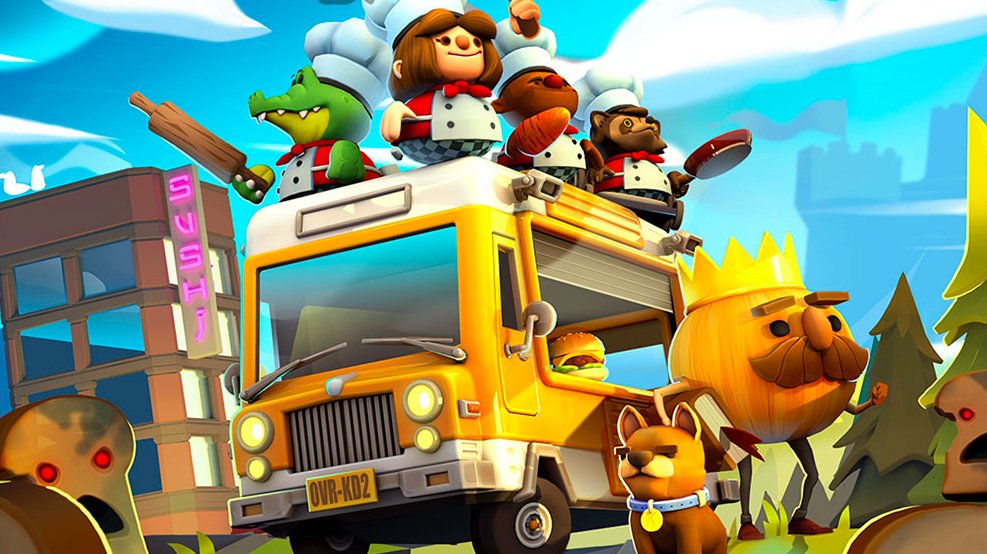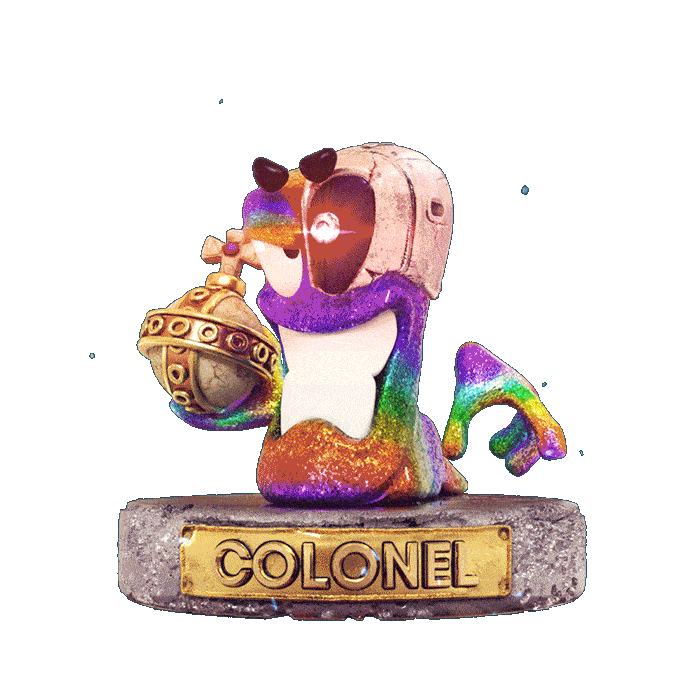Staff turn on Team17 in the wake of its calamitous NFT u-turn
"You'll regret that!"

Team17 hasn't had the best start to 2022. It tried to jump on the NFT bandwagon, got booed, and immediately jumped off the bandwagon—but not before covering itself in the manure onboard. The publisher recently announced that it would be diving into NFTs with the MetaWorms project, to which the reaction was not so much bad as uniformly terrible.
One day later: "Team17 is today announcing an end to the MetaWorms NFT project."
So far, so typical of all the recent NFT shenanigans. But the fallout from Team17's dalliance with NFTs continues, and this is largely thanks to how the company has handled the project both externally and internally. The most notable aspect of the negative reaction to MetaWorms, for example, is that some of the most trenchant criticism came from Team17's business partners—developers like Ghost Town Games, Playtonic and Aggro Crab. The latter was the best denunciation, because it did read like it was written by an aggressive crustacean:
"We believe NFTs cannot be environmentally friendly, or useful, and really are just an overall fucking grift [...] Needless to say we will not be working with them on future titles and encourage other indie developers to do the same unless this decision is reversed. I fucking hate it here."
Bear in mind that Team17's corporate motto is "The spirit of independent games."
Subsequently, there were whispers about Team17's boots on the ground being extremely disgruntled both about the NFT announcement overall, and the fact the company gave no great advance warning before announcing it publicly. After all, it's always the grunts who face the barrage—and in this case the criticism was white-hot and damaging Team17's image.

Now a new report on Eurogamer sheds further light on events both before and subsequent to the announcement. Following the company's withdrawal of the NFT scheme, staff were invited to a town hall meeting where management would explain why it had made the decisions it did. But the fact it was public sentiment that had caused the volte-face was its own problem.
Keep up to date with the most important stories and the best deals, as picked by the PC Gamer team.
"If it was the people in the office who swayed them—if it had been the employees—they wouldn't have done it," an anonymous Team17 staffer told Eurogamer. "Instead, they did it, and they left it for a day and a half to simmer and see what would happen... [the problem] was that the managers were doing something so monumentally stupid without a thought for those who would actually bear the brunt of it. They didn't apologise to staff, even the community managers who were subjected to a barrage of abuse because of it."
The report goes into much more detail on conditions generally at Team17's studios, and the pay in particular seems lousy: Probably not the best look when CEO Debbie Bestwick is swanning around with an estimated personal fortune of £200 million. One of the most eye-popping claims about Bestwick in the report is that, apparently, she 'asks' staff to wrap her family's Christmas presents on her behalf. Which must have been an especially great job this past Christmas, when despite record profits Team17 slashed staff bonuses.

Other elements of the fiasco are all-too-familiar in the games industry: Harassment claims not being taken seriously by HR; QA being generally shunned; masses of work done one paltry wages, and almost an expectation of overtime. It is a surprising inside look at a studio that, from the outside, seems like a success story.
"Things are going to get missed if you are that overworked," says one anonymous staffer. "And when they are missed, you're going to be called up by Debbie [Bestwick]. It is humiliating at times, because your hand is forced—you have bugger-all budget, you have too many games, and then you're sat in a meeting being asked 'why the hell did this game not meet our expectations?' It can be a very pointed thing. It's not unheard of for people to go out of those meetings crying, which at a workplace is shameful."
For its part, Team17 claims it has various "newly-established" employee groups and in January made improvements to how it pays and rewards staff. The statement ends: "We care passionately about our Teamsters and our aim is to ensure they feel connected, valued and have a sense of belonging and purpose, and that they continue to be proud of Team17 and the products we develop and publish."
Sounds like there might be a way to go on that.

Rich is a games journalist with 15 years' experience, beginning his career on Edge magazine before working for a wide range of outlets, including Ars Technica, Eurogamer, GamesRadar+, Gamespot, the Guardian, IGN, the New Statesman, Polygon, and Vice. He was the editor of Kotaku UK, the UK arm of Kotaku, for three years before joining PC Gamer. He is the author of a Brief History of Video Games, a full history of the medium, which the Midwest Book Review described as "[a] must-read for serious minded game historians and curious video game connoisseurs alike."

